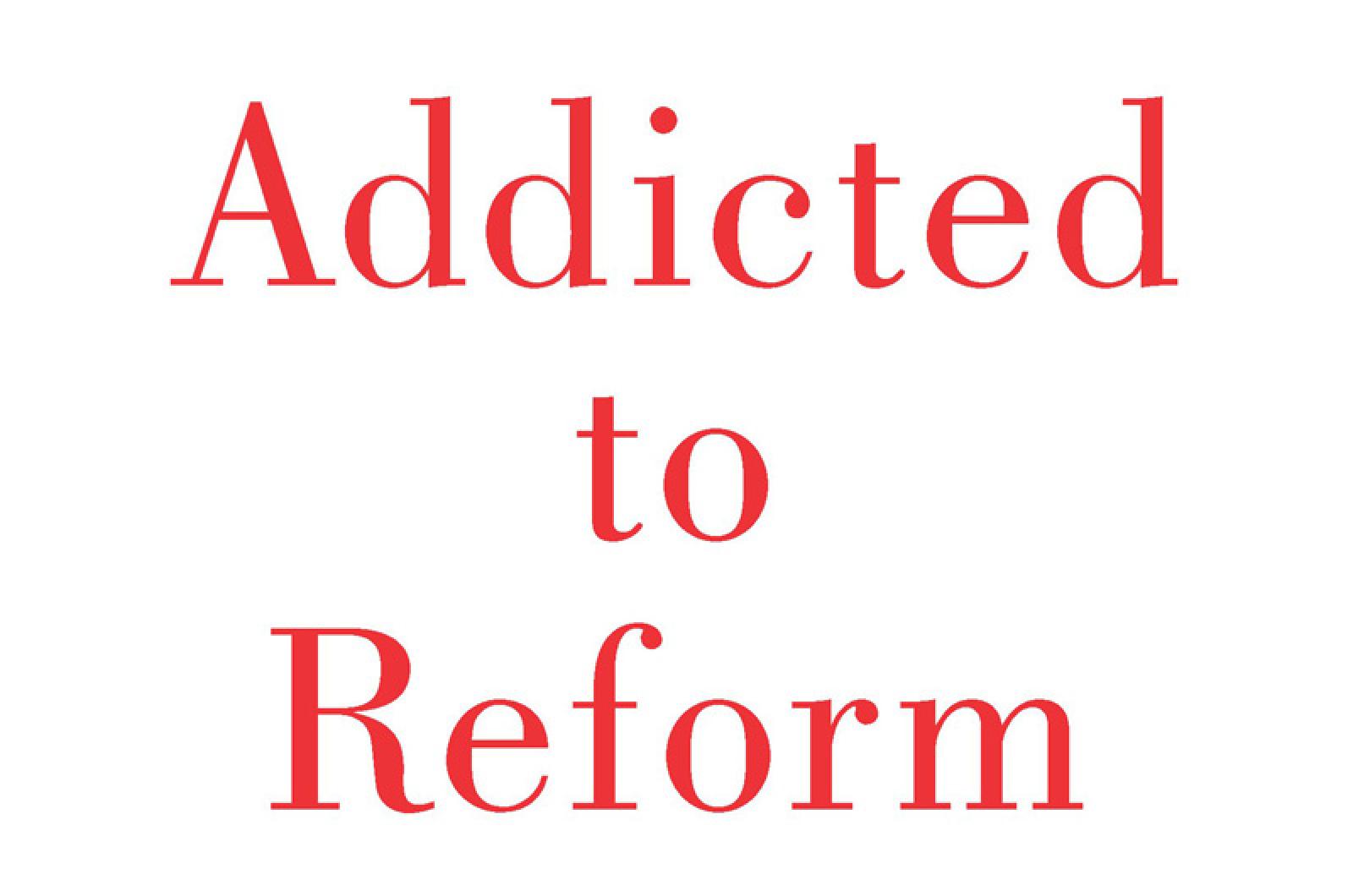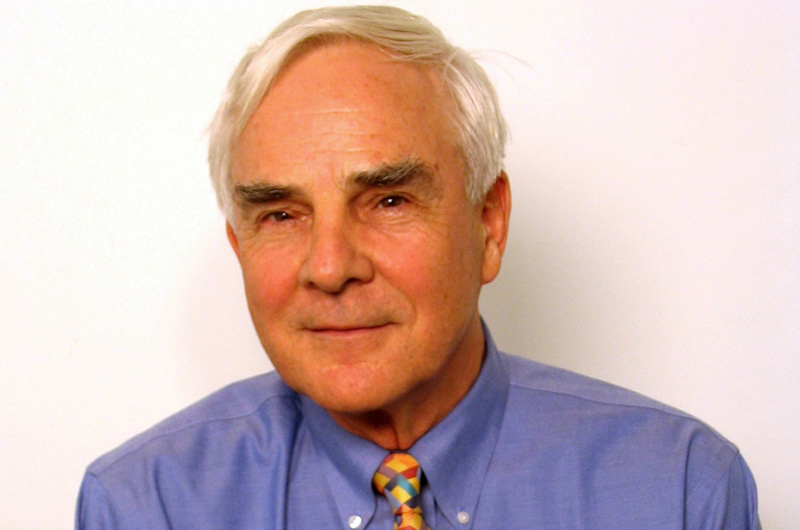In John Merrow’s new book, Addicted to Reform: A 12-Step Program to Rescue Public Education, the author describes what he sees as a society hooked on school reform—an addictive pattern of systematic, school overhauls that often undercut students, place blame on teachers and force schools to focus on numbers that don’t tell the whole story.
Mr. Merrow knows his subject well, having written four previous books on education and reporting as the education correspondent for PBS NewsHour during his 41-year career as broadcast journalist.
Mr. Merrow will give a talk at the Edgartown Library at 7 p.m. on Wednesday, August 23.
In his book, Mr. Merrow breaks down the problems of American public schools, sometimes by referencing reports that he helped research and write. He discusses the fallibility of relying on improved graduation rates as a marker of a successful school, especially when those schools looking to increase their percentages resort to “counseling out” their lowest-achieving students. Those students get shipped to other schools where they are left to flounder under a different roof, Mr. Merrow says.
He also calls out the current system for not doing enough to keep kids in school.
“But when schools provide only custodial care and a marginal education that denies technology’s reach and power, young people—many of whom already battle overwhelming life challenges—walk away, as at least six thousand do every school day, for an annual dropout total of over 1 million,” Mr. Merrow writes.
But embracing technology is not the single solution. “No one should endorse technology as the innovation that will be education’s salvation,” he writes.
Mr. Merrow also warns against other quick fixes that ignore root causes. The Common Core is not the silver bullet, he writes. No Child Left Behind isn’t the answer. Neither is standardized testing, or online “credit recovery”, or a souped-up Teach for America system.
So what does Mr. Merrow suggest is the cure? That answer is harder to point out than the problems. In a chapter called Embrace “Outsiders” (Enthusiastically), Mr. Merrow encourages school projects that involve community members who may not “appreciate the value of supporting public education.”
In Expect More, he discusses the benefits of working for a school newspaper. There, a student’s work is destined for a public audience rather than a test-scoring machine.
In the beginning of Addicted to Reform, Mr. Merrow encourages people who work with students—and to some degree, that’s all of us—to ask different questions. Instead of asking ‘how intelligent are you?,’ ask ‘how are you intelligent?,’ Mr. Merrow suggests.
Although no single solution can fix the complex network of issues, perhaps it is this shift in perspective that can lead to the first step among many for healing the American public school system.








Comments
Comment policy »